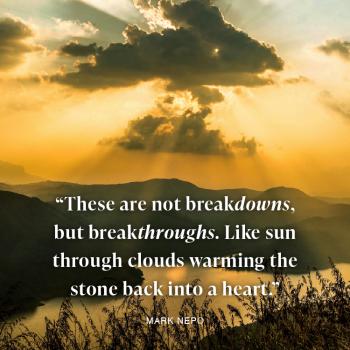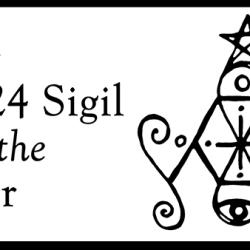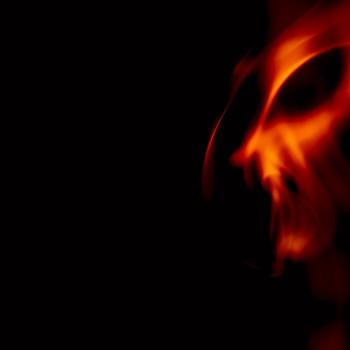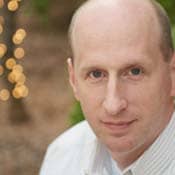 In normal times, it's difficult to believe we don't have a measure of control over our lives. After all, life does seem to make sense, to follow a particular order. If you study, you'll get better grades. If you show up on time for work and work hard, you'll tend to advance and make more money. If you love your wife sacrificially and stay deeply involved in your kids' lives, your family will be happier and your marriage richer. If you choose to pray regularly or to read your Bible—or get involved with small groups or other church activities—you will feel closer to God.
In normal times, it's difficult to believe we don't have a measure of control over our lives. After all, life does seem to make sense, to follow a particular order. If you study, you'll get better grades. If you show up on time for work and work hard, you'll tend to advance and make more money. If you love your wife sacrificially and stay deeply involved in your kids' lives, your family will be happier and your marriage richer. If you choose to pray regularly or to read your Bible—or get involved with small groups or other church activities—you will feel closer to God.
Some people will read the paragraph above and largely agree. Yes, these things are generally true. It's too simply stated, of course, but our choices do have measurable and often controllable consequences.
But others will read and laugh, ruefully. They'll recall when their wife or husband cheated and lied in spite of their sacrificial love. They'll remember hours and hours of play-time with kids, family Bible studies, and a life invested in children over career . . . as they look into the haunted eyes of their adult son in rehab. They'll also remember other Christians asking searching questions.
"Did you really love your wife like God loved the church? After all, people rarely stray for no reason."
"Did you pray with your kids? I mean, really pray? Or did you turn family Bible times into rote religion?"
And the questions will hurt. They'll hurt because you remember your many failures—and you ask yourself whether life would have been different if you had just been a little bit better. They'll also hurt because life will feel so unfair. You'll know that the person asking if you'd been a good enough husband or an attentive enough parent has blindingly obvious flaws themselves—flaws that have not resulted in tragedy or heartbreak only because of the grace of God. You'll know that they hardly live model lives yet they have the model family, or the model career, or they're the picture of perfect health.
I used to think I had some control over life. I used to think that I could chart at least a part of my life's course and that my virtuous inputs would lead to better outcomes. Life kept shaking that conviction, but deep down, it persisted. I still believed—in my heart of hearts—that I had some say over my destiny, that while I might not exactly set the ship on its way, I could at least turn the rudder a few degrees.
But that belief literally blew up—not once, not twice, but again and again and again in Diyala, Iraq. I watched in horror as IEDs blew up under Humvees, killing good men, better men than me. Men more courageous than I am, more virtuous than I am, who loved their Lord with all their hearts . . . all gone in a series of flashes and shock waves.
But then I would ride on those same roads, past the craters that marked their deaths as surely as the crosses on the side of an interstate, and nothing would happen. Nothing ever happened. I came home without a scratch—well, except for a broken nose after I dropped my own helmet on my face. I came home . . . yet I owed my return not to my own decisions or my own excellence as a warrior (that's a joke; I was a JAG officer trying hard not to screw up) but to God's choice alone.
Shortly after my return, a Christian reporter asked me if I felt "closer to God" after my experience in Iraq. The answer was no, I did not. In fact, I didn't know what I "felt." That changed from day to day. But I did know what I learned.
"I don't feel closer to God," I said, "but I do know that I depend utterly on Him for the next breath of life in my body and for the breath of life in my wife and children."
Some people call that fatalistic. But that misunderstands the difference between fate and Providence. Christ is the author and finisher of our faith, and that means there is plan, a story, a purpose—one that we cannot discern and will not discern until that day when we know as we are known. Events don't just happen; they unfold and are revealed according to the plan of a loving God.
For some, their story on this earth is short or tragic or harsh. For others, their story is one of lifelong, unearned blessings. And many of us seem to swing from one narrative to the other. But all our destinies are in the hands of a God who understands more, who loves more, and gives more than we can possibly know or imagine.
3/1/2011 5:00:00 AM





